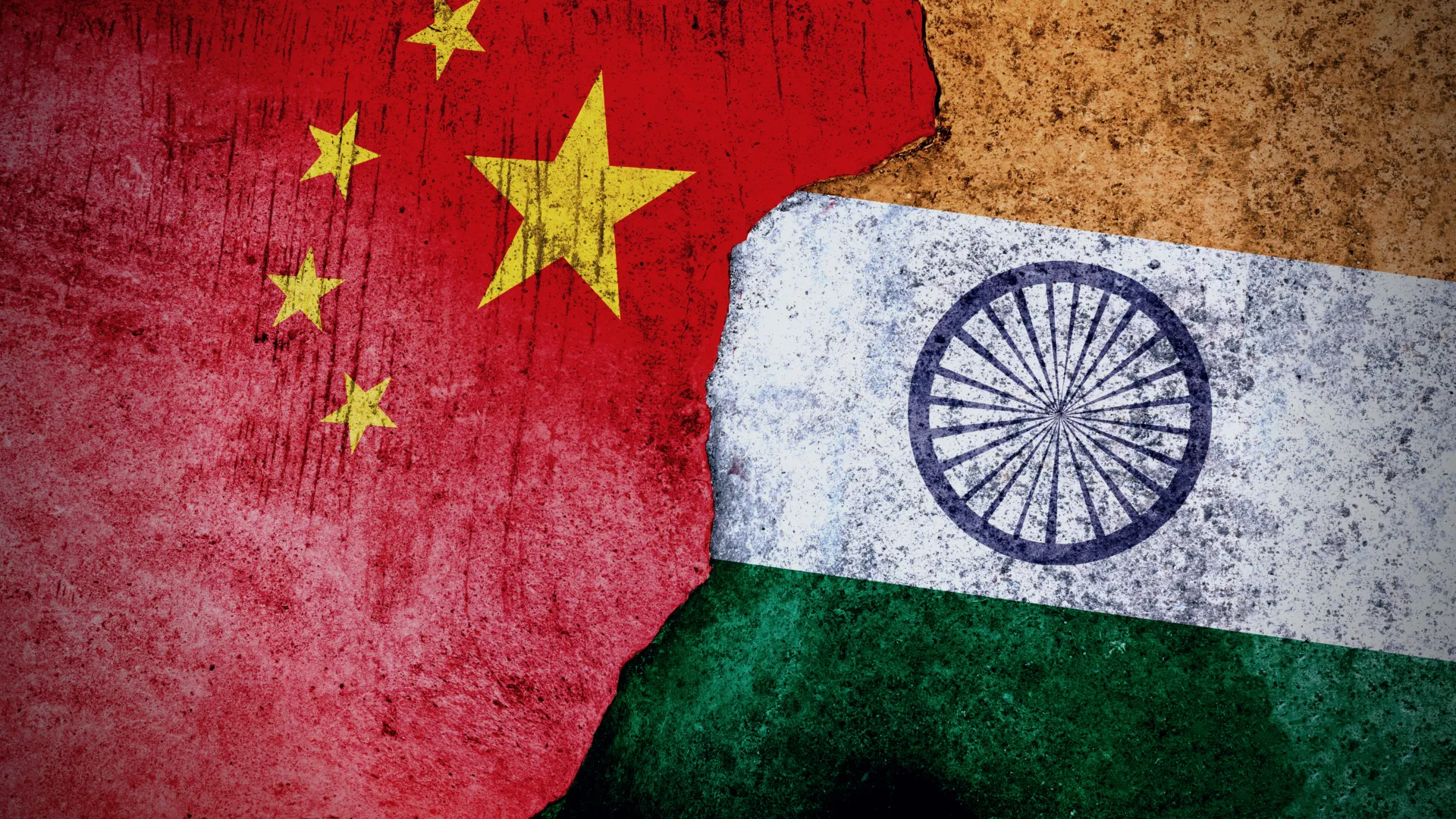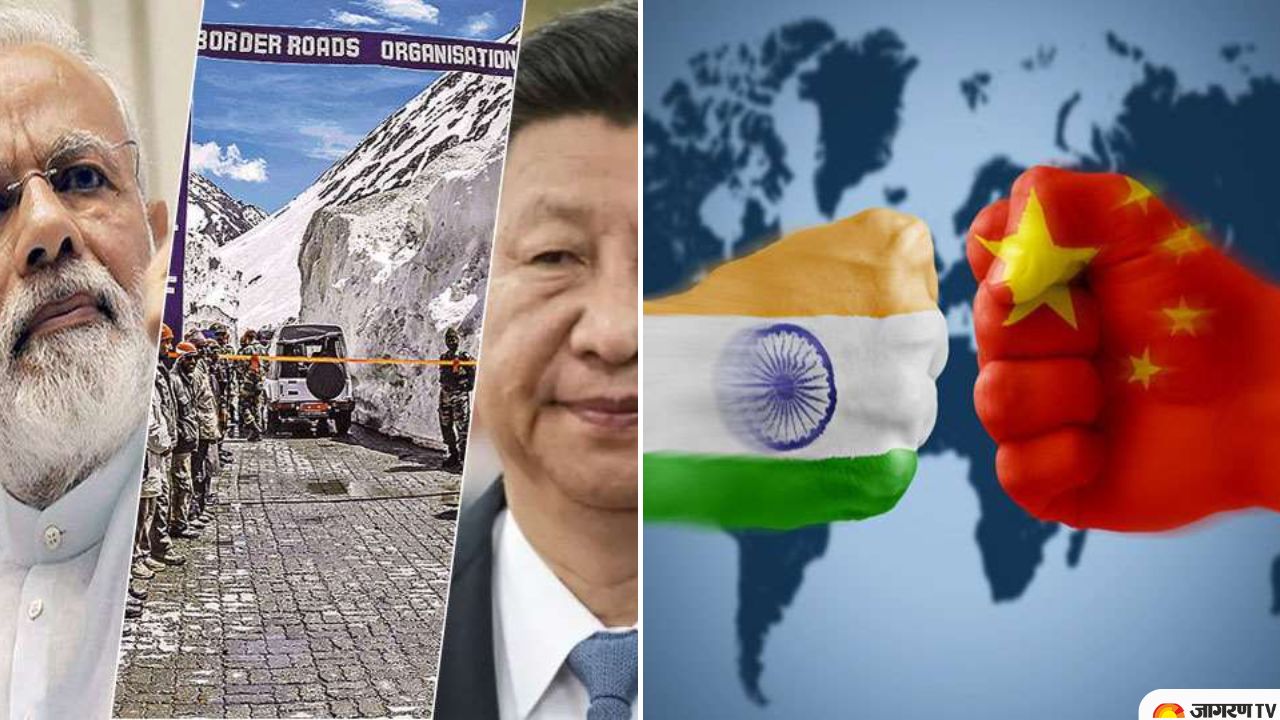The United States has voiced its support for India’s territorial claim to the Arunachal Pradesh region, escalating tensions between India and China over the disputed area.
In a statement on Wednesday, U.S. State Department spokesperson Vedant Patel affirmed America’s recognition of Arunachal Pradesh as Indian territory and condemned any unilateral attempts to assert territorial claims across the Line of Actual Control.
This declaration from the State Department came in response to China’s criticism of Indian Prime Minister Narendra Modi‘s recent visit to Arunachal Pradesh to inaugurate the Sela Tunnel, a significant infrastructure project in the region.

India and China Border (Credits: ANKASAM)
China considers Arunachal Pradesh as part of its territory, known as Zangnan, and has a historical dispute with India over the region, leading to a violent conflict in the 1960s.
Prime Minister Modi’s inauguration of the Sela Tunnel, which aims to improve connectivity to the strategic border area of Tawang in Arunachal Pradesh, further exacerbated tensions between the two Asian nations.
The Line of Actual Control, a disputed border spanning over 2,100 miles, has been a longstanding source of tension between China and India, resulting in a military standoff since June 2020 after clashes in the eastern sector.

India and China Border Dispute (Credits: Jagran TV)
Despite holding numerous rounds of talks to resolve the standoff, including discussions in February 2023, the two countries have yet to resolve.
China swiftly denounced the U.S. support for India’s claim to Arunachal Pradesh, emphasizing that the boundary issue is bilateral between China and India and does not involve the United States.
In response to China’s objection, the Indian Ministry of External Affairs reiterated Arunachal Pradesh’s integral status within India, affirming its commitment to regional development and infrastructure projects.
Meanwhile, Chinese state media criticized the U.S. endorsement of India’s claim, describing it as opportunistic and harmful to regional stability. As tensions persist, the territorial dispute over Arunachal Pradesh remains contentious, reflecting broader geopolitical rivalries in the region.























